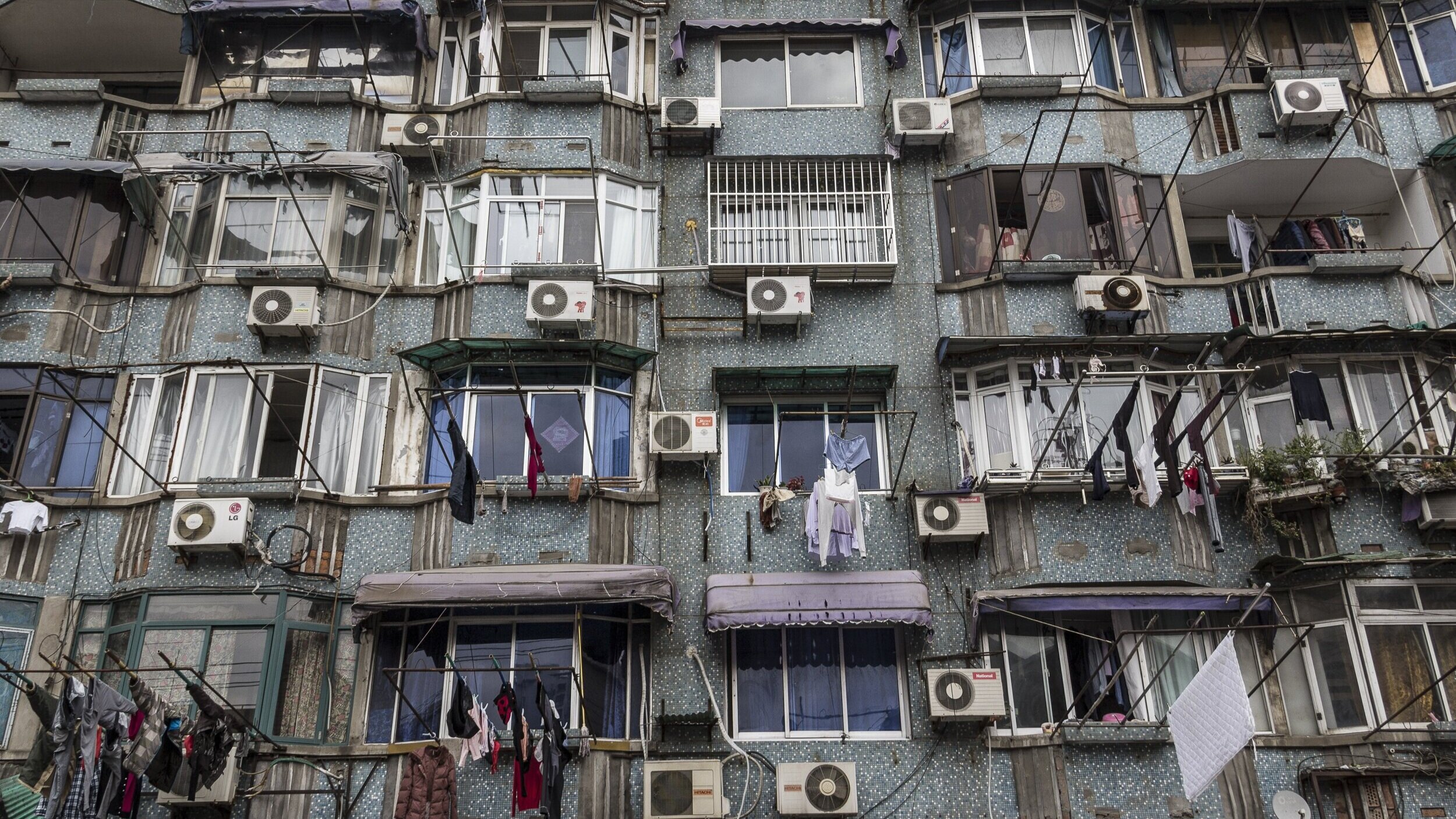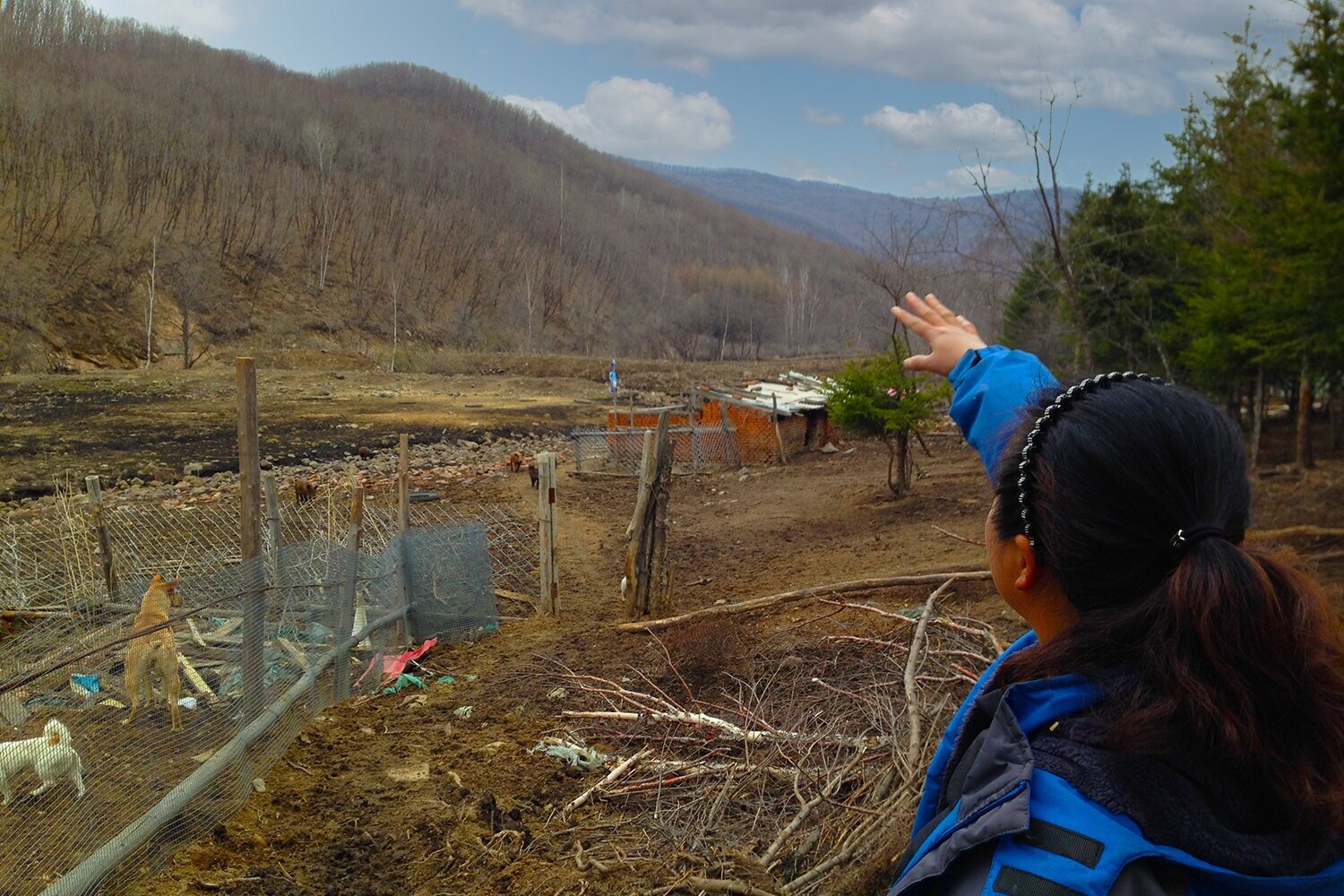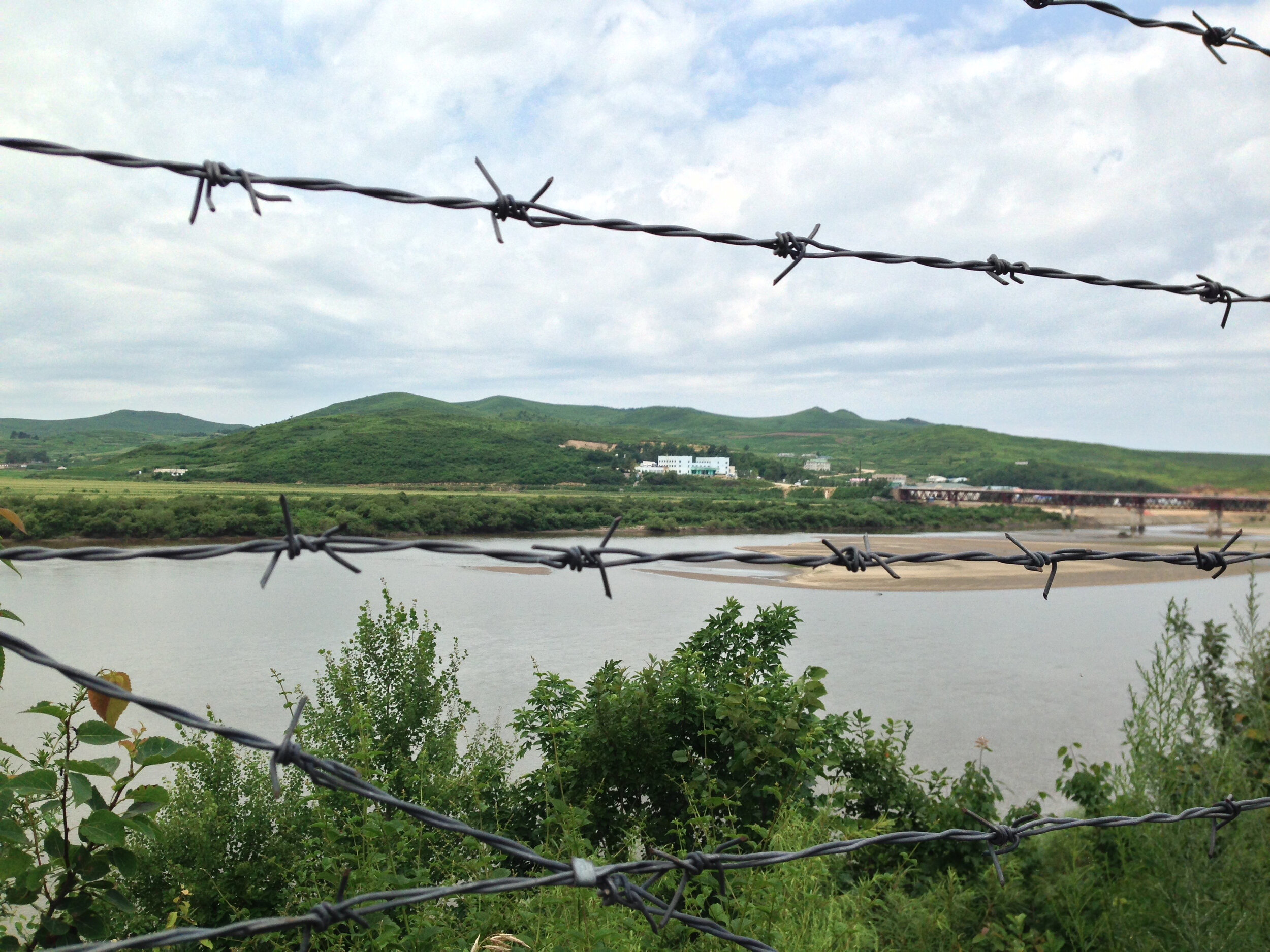North Korea has gone from venomous hostility to playing nice on the international stage all within the past four years. This is very predictable. Sometimes it is unclear whether North Korea is trying to be a lion or a lamb and very little is known about the nation’s current plans or motives. In a time of increased uncertainty, the future of North Korea remains as inscrutable as ever. The following is a roundup of recent moves the country has made.
A Silent Economic Crisis
The year 2020 began with North Korea’s leader, Kim Jong Un, renewing claims that the nation would be prospering once more with revitalized efforts to make a “frontal breakthrough to foil the enemies’ sanctions.” The effort would include increased income for the country through illegal and legal means - sending North Korean workers across the border to work for China, bringing in Chinese tourists, and smuggling contraband in and out of North Korea. Just last year, North Korea’s trade with China grew by 15 percent. The North Korean government dabbles in everything from exporting illegal coal to multi-billion dollar cybertheft projects.
But the coronavirus brought North Korea’s economic leap of enthusiasm to a screeching halt. According to The New York Times, by March, the nation’s exports to China had dropped by 96 percent in value. Behind a curtain of isolation and obscurity, the nation’s already crippled economy, which is heavily dependent on Chinese support to circumvent sanctions, is reeling. How North Korea’s government will prevent the nation from falling into a devastating crisis, whether the government will even attempt to prevent such an economic spiral in 2020, is unknowable.
A Loud Inter-Korean Explosion
On June 9, the KCNA, North Korea’s government-run news agency, reported that the nation would be cutting off all communication with South Korea in response to messenger balloons that had been sent across the border from the South for several years, many containing anti-North Korean leaflets written by North Korean defectors. The report called the leaders of South Korea “disgusting riff-raff” devoted to “hostile acts” that would “hurt the dignity of [North Korea’s] supreme leadership.”
On June 13, North Korea’s rising spokeswoman Kim Yo Jong, sister to Kim Jong Un, released a threat via the KCNA. “By exercising my power authorised by the Supreme Leader… I gave an instruction to the arms of the department in charge of the affairs with the enemy to decisively carry out the next action.”
Three days later, North Korean officials demolished the Inter-Korean Joint Liaison Office in Kaesong, North Korea. In 2003, the structure sitting at the North-South border oversaw over a hundred factories, employed more than 100 South Korean employees and 50,000 North Koreans. While far from its former glory, the empty building remained a shell of former hopes for cooperation.
A Spotlight on a Vocal New Leader
Kim Yo Jong has taken the center stage for many analysts of North Korea’s government leadership. As the Professor of Korean Studies at Tufts University, Sung-Yoon Lee describes her, in a country of enigmatic leaders, Kim Yo Jong is “less visible but no less significant.”
Over the past two years, Kim Yo Jong accompanied her brother in summit meetings with South Korean President Moon Jae In, in meetings with President Xi Jinping of China and even at the historic conference with President Trump. Kim Yo Jong is currently the head of the Department of Organization and Guidance, the department of the North Korean government through which key personnel are determined for both the military and bureaucracy. Earlier this year, in the mysterious disappearance of Kim Jong Un, she became North Korea’s international spokeswoman.
Today, she is the voice of North Korea amidst international tensions. Following the recent rejection of US diplomacy with North Korea, Kim Yo Jong stated, "We have no intention of threatening the United States … if they don't touch us and hurt us, everything will flow normally.”
It is unclear whether the veiled statement is a warning or a challenge.
According to Lee Seong-hyon, an analyst at the South Korean Sejong Institute, North Korea has revived its efforts to act as a destabilizer for the United States. In the US, the coronavirus, its economic impacts, civil unrest, and an impending election has given North Korea an opportunity to throw a wrench into President Trump’s most visible foreign policy achievement - his diplomacy with North Korea. The efforts, according to analysts, may be in an effort to force President Trump to de-escalate North Korean sanctions before the US election.
The Suffering and Silenced
Caught between shaming insults from North Korea and growing disdain from the people of South Korea are North Korean defectors in South Korea. As recently reported by The Korea Times, North Koreans in South Korea are swiftly becoming “enemies of the state” in both the North and the South.
North Korean defectors are publicly referred to as “human scum” and “mongrel dogs” who have betrayed their country in the North. Public figures and propagandists organize massive rallies decrying their lack of patriotism and reverence for their homeland. Families of North Koreans who have fled to the South face more dire consequences.
In the South, government support for North Koreans is dwindling. The growth of North-South tensions due to leaflets sent across the border by North Korean activists in the South has resulted in a surprising backlash. The South Korean government has recently begun to dismantle two major defectors' groups that have sent leaflets across the border via balloons. Police action is being taken against these organizations for transferring goods to North Korea without permits. Vocal organizations led by North Koreans are being silenced as a response to their anti-North Korean views.
"Since the beginning of the Moon Jae In administration in May 2017, government support has nearly stopped for defectors' groups that are critical of the Kim regime,” noted the head of the World Institute for North Korea Studies in South Korea, An Chan Il who is himself a North Korean defector.
Serving the Unseen
Clouded uncertainties have pervaded the work of Crossing Borders since its beginning in 2003. Helping refugees half a world away has always been in the midst of uncontrollable and unpredictable circumstances that are outside of our control. But our hopes to share compassion with North Koreans who need help have not changed.
While the future still remains unknown, Crossing Borders is continuing its efforts to serve North Korean refugees and defectors in China and in South Korea. Most recently, Crossing Borders officially completed its opening ceremony to officially establish Elim House, a safe house for North Korean defectors in South Korea. There have been so many challenges in 2020, but we have faith that very soon, the doors of this shelter will open to those who need it most.
Please help Crossing Borders, even in the midst of these difficult times, to offer constant and unchanging grace and kindness with North Koreans.






























